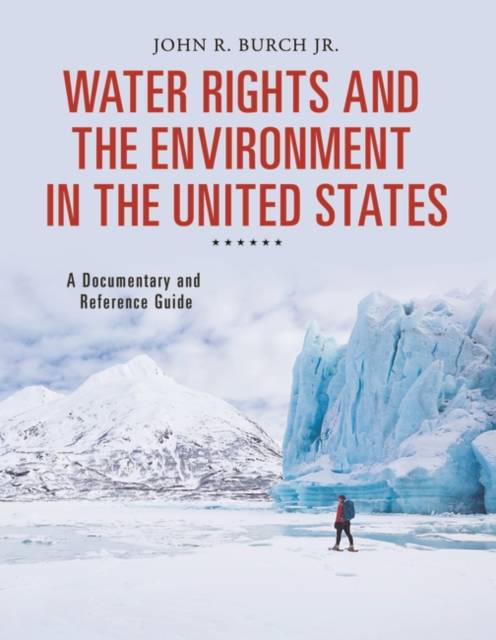
- Retrait gratuit dans votre magasin Club
- 7.000.000 titres dans notre catalogue
- Payer en toute sécurité
- Toujours un magasin près de chez vous
- Retrait gratuit dans votre magasin Club
- 7.000.0000 titres dans notre catalogue
- Payer en toute sécurité
- Toujours un magasin près de chez vous
205,45 €
+ 410 points
Description
This sweeping study traces the development of water policy in the United States from the 19th century to the present day, exploring the role of legislation in appropriating access to water to the American people.
Three factors influence the development of water policy and politics in the United States: the availability of water, the manner in which people use the commodity to its maximum economic benefit, and governmental control. This book is a one-stop resource for understanding the scope of water issues in America, from governing doctrine and legislation, to Native American water rights, to water protection and pollution, and to the mitigation of natural and manmade disasters. Distinguished author and noted scholar John R. Burch Jr. reviews the conflicts among state, federal, and international agencies in dealing with water supply and points to competing legal rulings and laws as undermining the creation of a cohesive policy for all. Through an analysis of key documents, Burch examines the recent calamities befalling the American water system--including droughts, oil spills, and natural disasters--and considers the future of water distribution to the American people. Organized into six parts, sections include doctrines and rights, waters of the West, border regions water management and flood control, environmental issues, and water supply and safety.Spécifications
Parties prenantes
- Auteur(s) :
- Editeur:
Contenu
- Nombre de pages :
- 472
- Langue:
- Anglais
- Collection :
Caractéristiques
- EAN:
- 9781440838026
- Date de parution :
- 20-07-15
- Format:
- Livre relié
- Format numérique:
- Genaaid
- Dimensions :
- 216 mm x 277 mm
- Poids :
- 1542 g

Les avis
Nous publions uniquement les avis qui respectent les conditions requises. Consultez nos conditions pour les avis.






